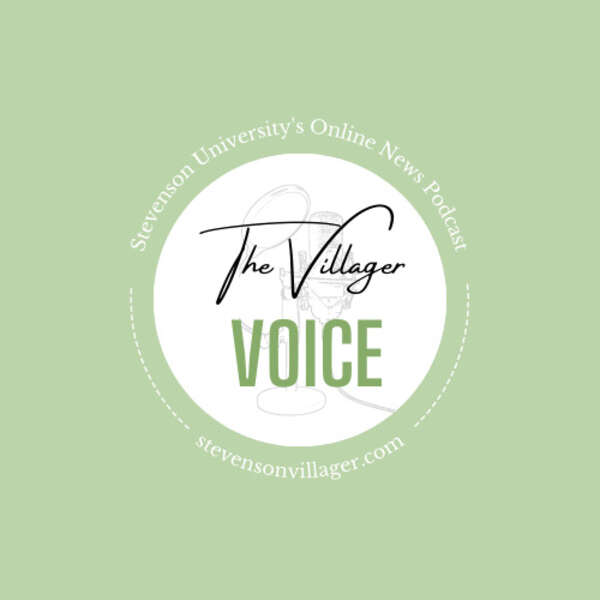“There’s no question that something happened,” saidSean Spicer, President Trump’s press secretary, who was defending the President’s accusation that former President Barack Obama wire tapped Trump Tower. The White House has offered no evidence of this, and Trump’s allegation has been rejected by intelligence officials and by many Republicans as well as Democrats in Congress.
 A few weeks ago students were asked, “Is it appropriate for faculty to discuss their political views in the classroom?” (See “People are Saying,” February 23). Below, some faculty responded to the question:
A few weeks ago students were asked, “Is it appropriate for faculty to discuss their political views in the classroom?” (See “People are Saying,” February 23). Below, some faculty responded to the question:
“I think faculty can (and should) discuss political views, but from a fact-based and tolerant perspective. We need to emphasize academic freedom above all things, for both students and Faculty.” (Dr. Mark Branson, mathematics)
“I generally avoid any discussion of politics ever with anyone because it has been my experience that most people are not able to listen respectfully and allow themselves to disagree respectfully in the current political climate.”
“Sometimes expressing political views allows for a particular concept to be taught in an engaging manner. Sometimes it is not necessarily my political view but a type of pedagogy. A tool to get students thinking. I should be able to do so as part of presenting concepts with evidence.” (Ingrid Tulloch, psychology)
“Faculty should be responsive to students’ interests in discussing current events and politics. The faculty need not impose his/her opinion, but rather facilitate healthy and respectful discussion.” (Bob Pelton, education)
“I believe instructors should be able to discuss their political views in part because the category of “the political” is so vast that to exclude it would hinder the acquisition of knowledge. However, I believe it must be done with great care.”
“It is appropriate as long as they are open and welcoming to all viewpoints and they must be absolutely clear that there are no negative consequences to expressing a view.” (Joe Matanoski, environmental science)
“I believe faculty have a responsibility to foster critical reflection. One way to do that is to model expression of beliefs in a way that demonstrates use of evidence to support conclusions. As long as faculty are not imposing and do not allow their beliefs to affect their judgment of students, its important.” (Jamie Goodall, history)
“Now more than ever it is important to discuss politics. Virtually every day, history is being made. The country has not been this politically polarized since perhaps the 1960s. College is one of the few places were rational discussion of these issues can take place, and faculty have a responsibility to lead these discussions and offer their political perspectives.” (Alex O. Boulton, history)

























































